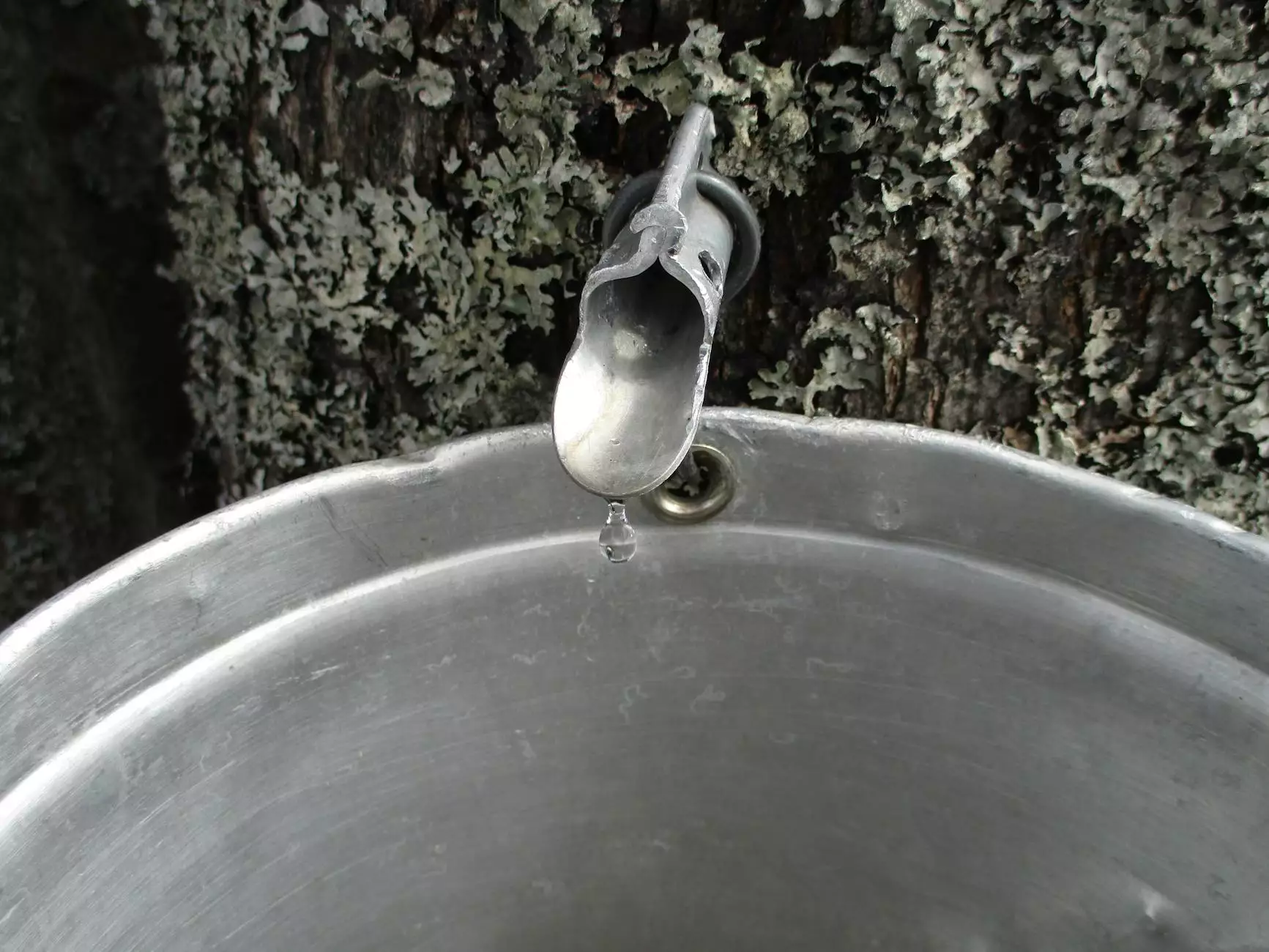Understanding Chemical Boiler Water Treatment

In today's industrial landscape, maintaining the efficiency and longevity of boiler systems is crucial. One of the most effective ways to achieve this is through chemical boiler water treatment. This article will delve deep into what this process involves, its benefits, and essential practices businesses should adopt to optimize their boiler systems.
What is Chemical Boiler Water Treatment?
Chemical boiler water treatment refers to the application of chemical processes to maintain the quality of water in boiler systems, ensuring that they operate efficiently and safely. This process involves the careful management of several parameters, including pH levels, hardness, and the concentrations of various dissolved solids.
The Importance of Water Quality
The quality of water used in boiler systems is critical, as it directly affects their performance. Poor water quality can lead to a range of issues such as:
- Corrosion: This can damage boiler components, leading to costly repairs and downtime.
- Scale Formation: Hard water can cause scale to build up on heat exchange surfaces, significantly reducing efficiency.
- Foaming: This can disrupt steam quality and lead to operational problems.
Components of Chemical Boiler Water Treatment
Effective chemical boiler water treatment involves several key components:
1. Water Analysis
Regular analysis of the water's chemical composition is vital. Parameters such as pH, total dissolved solids (TDS), hardness, and alkalinity should be monitored frequently.
2. pH Control
Maintaining an optimal pH level (typically between 10 and 11.5) helps to minimize corrosion and scaling. Chemical agents can be used to adjust pH as necessary.
3. Oxygen Scavengers
Oxygen is one of the primary causes of corrosion in boiler systems. Handling methods include:
- Sodium Sulfite: This compound is often used as an oxygen scavenger.
- Hydrazine: A more potent scavenger that is also effective at lower concentrations.
4. Scale Inhibitors
Scale inhibitors are essential for preventing fouling and maintaining heat transfer efficiency. Common options include:
- Phosphate Compounds: These can bind with scale-forming minerals.
- Polymeric Dispersants: They prevent particles from accumulating on surfaces.
Benefits of Chemical Boiler Water Treatment
Implementing a robust chemical boiler water treatment program offers several benefits:
1. Improved Efficiency
By controlling scaling and corrosion, boilers can operate at peak efficiency, saving energy and reducing operational costs.
2. Extended Equipment Life
Regular treatment prevents damage and wear on boiler components, leading to longer equipment lifespan.
3. Reduced Downtime
Maintaining optimal water quality reduces the likelihood of unexpected breakdowns and repairs.
4. Enhanced Safety
Proper water treatment minimizes the risk of dangerous failures associated with boiler operation.
Developing an Effective Water Treatment Program
A successful chemical boiler water treatment program should be tailored to the specific needs of each facility. Here’s a guide to developing one:
Step 1: Assess Water Quality
Begin by conducting a thorough analysis of the incoming water source. Understanding its chemical composition is key to developing an effective treatment strategy.
Step 2: Define Treatment Goals
Based on the analysis, establish clear goals for your treatment program, focusing on reducing corrosion, preventing scaling, and controlling foaming.
Step 3: Choose Appropriate Chemicals
Select chemicals that best meet the identified goals. Consult with a water treatment specialist if necessary to determine the optimal choices.
Step 4: Implement and Monitor
Once the treatment program is in place, continuous monitoring is essential. Adjustments may be required based on performance data.
Common Challenges in Boiler Water Treatment
Even with the best plans, challenges can arise in water treatment. Here are some common issues:
1. Variability of Water Composition
Different sources of water can vary in quality, potentially requiring adjustments to treatment chemicals.
2. Equipment Limitations
Older boiler systems may not function optimally even with proper treatment, necessitating upgrades or replacements.
3. Regulatory Compliance
Facilities must ensure their treatment practices comply with local regulations and environmental standards, which can change.
The Future of Chemical Boiler Water Treatment
As technology advances, the methods and materials used in chemical boiler water treatment continue to evolve. Innovations such as automated monitoring systems and eco-friendly chemical alternatives are becoming more commonplace. These enhancements promise to make boiler systems even more efficient, safe, and environmentally friendly.
Conclusion
In conclusion, chemical boiler water treatment is an indispensable aspect of industrial operation that ensures efficiency, safety, and longevity of boiler systems. By understanding the key components, benefits, and best practices, businesses can significantly enhance their operational capabilities. For businesses looking to optimize their processes, implementing a detailed and focused water treatment strategy is the first step towards achieving remarkable results.
Learn More About Water Purification Services
For more information on water purification services, water suppliers, and water stores, visit bimakskimya.com.tr today!









